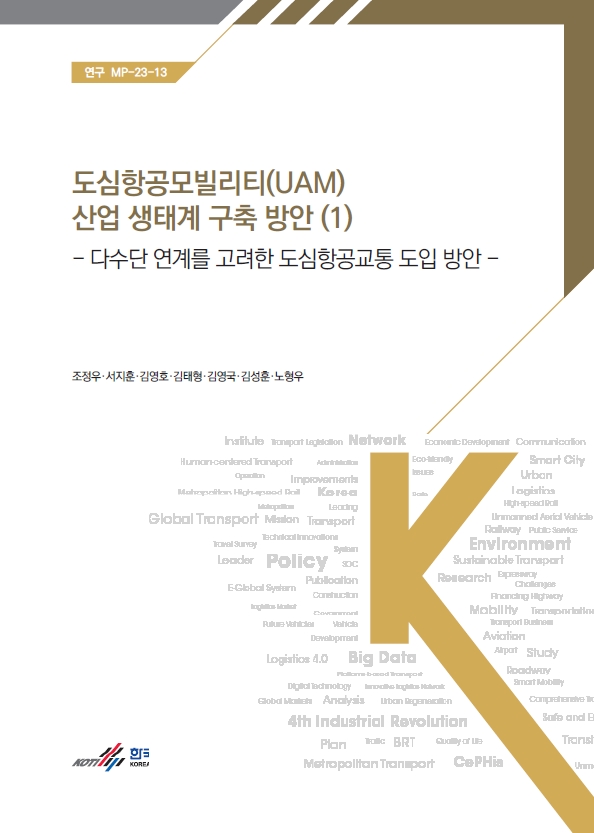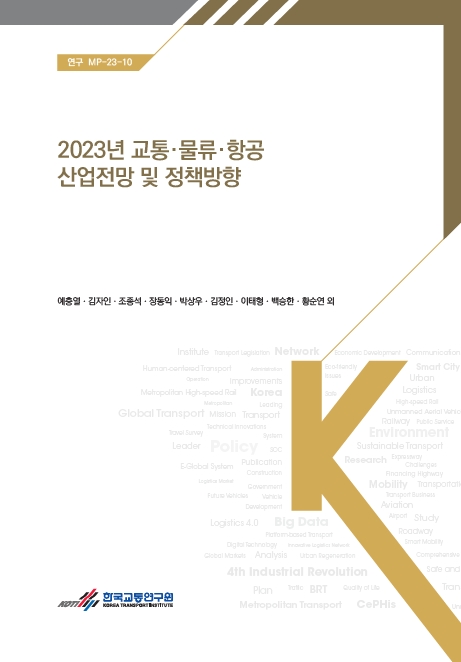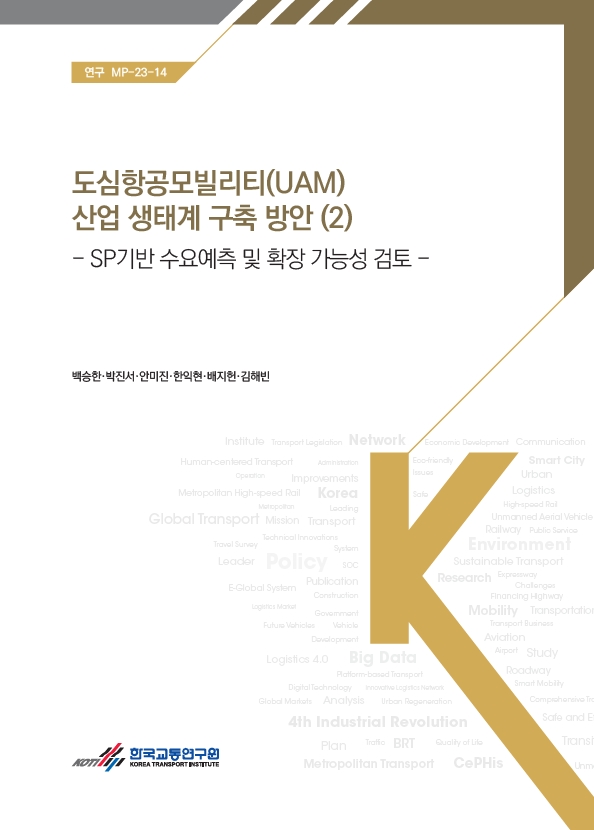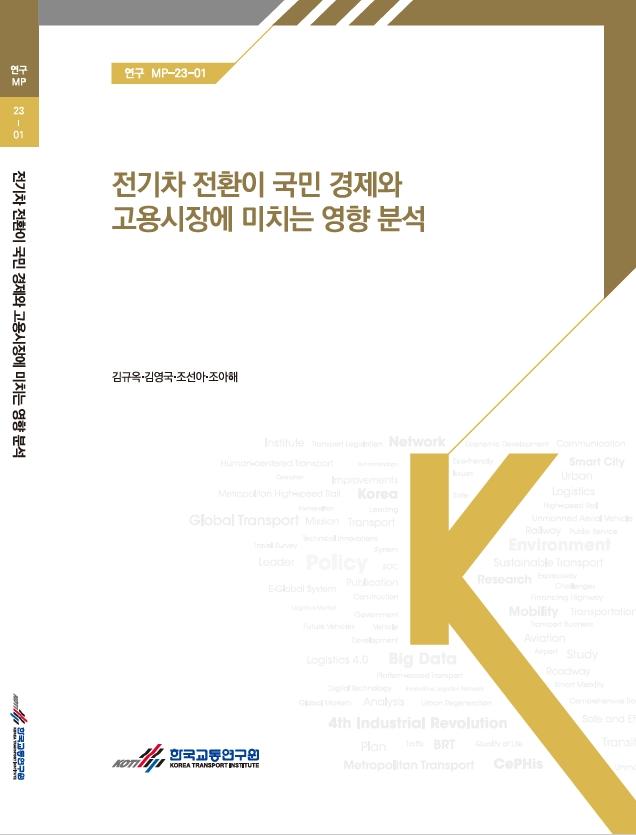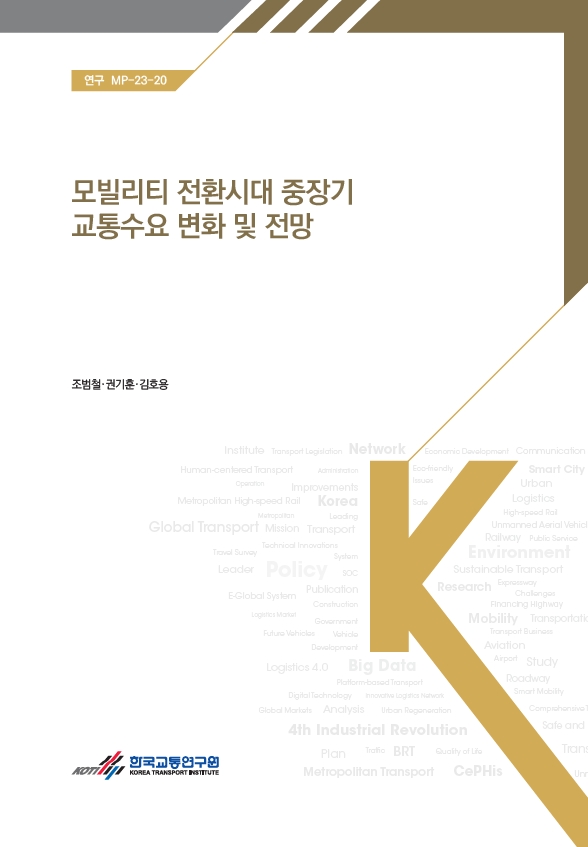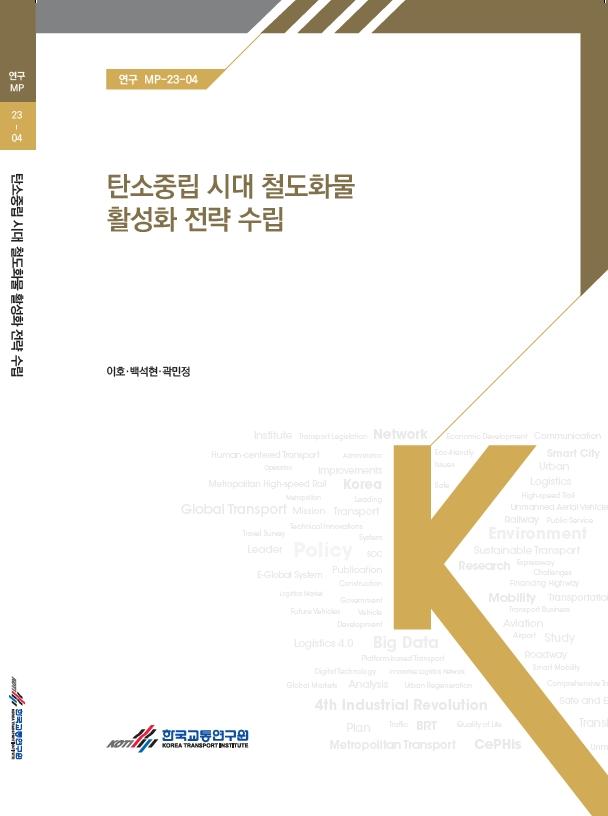연구개발적립금보고서
사회·정책적 환경에 부합하는 주제를 선정하고, 그 연구결과물을 수록한 교통 현안 관련 자체 보고서입니다.

연구
KOTI 교통연구원- 발간일
2019.04.30
- 저자
Han-byul JANG et al.
- 언어 / 페이지수
국문 / Page

-
Top Korean tech firm Kakao already operates a ride-hailing app called Kakao Taxi, which allows users to connect to yellow cabs. Ride-sharing apps have been outlawed in Asia's fourth-largest economy since 2015. Small startups have still faced regulatory issues, however — rideshare app PoolUs was sanctioned in 2017 for interpreting “commuting hours” too loosely, and had to lay off 70 percent of its employees. A startup called Luxi also faced issues, and was sold to Kakao in February this year, perhaps sparking the tech company’s push into the space. Tada, which launched just last month, has tried to avoid some of these hurdles with a new business model using shared 11-seater vans instead of personal cars.
Revenue in the Ride Hailing segment amounts to US$528m in 2019 and expected to show an annual growth rate (CAGR 2019-2023) of 7.1%, resulting in a market volume of US$694m by 2023.
But, ride-hailing network company is still illegal in Republic of Korea under the Passenger Car Transport Law.
We offered the restructuring solution for the legal framework and Analyze multiple scenarios to prevent bigger conflict, based on legal research and referred foreign legislative cases and lawsuits. In order to protect the taxi drivers we suggest the passenger service levy for the ride-hailing company to give a compensation package for the taxi industry.

한국교통연구원 공공저작물은 공공누리 4유형으로
“출처표시+상업적이용금지+변경금지” 조건에 따라 이용할 수 있습니다.
현재 페이지 정보에 대해 만족도 의견을 남기시려면 로그인해주세요.
